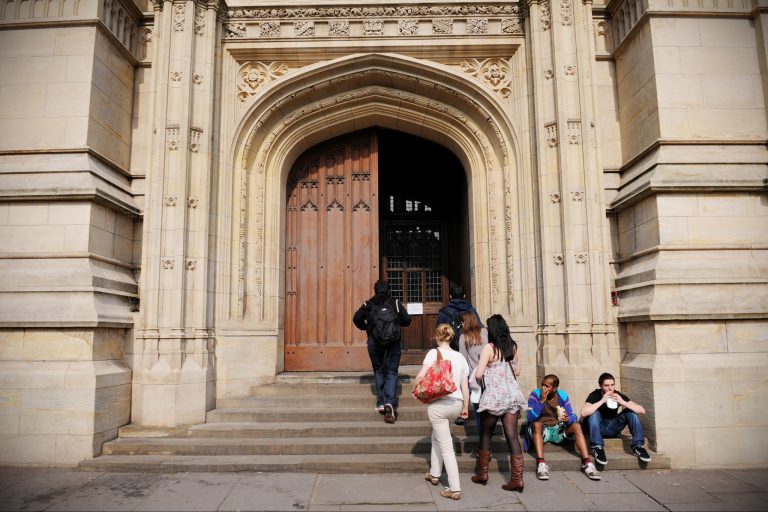
An essential part of being a student is getting a taste of the freedom that comes with being an independent adult. For most young people it is their first time away from the parental home, and being enrolled at a university gives you the privilege to prosper under supervision, but also the opportunity to explore the world without guidance. Or to put it another way, it’s about not having to tell anyone when you’ll be home, or having to justify how you spend your time; beyond your ability to complete your studies and perform academically of course!
While this freedom is essential to letting students thrive, this principle is actively being eroded for international students across the United Kingdom. New guidelines for educational institutions that provide tier 4 visas for non-EU students comes into effect from the 6th of April, and ripples of concern are spreading through the ranks of academia. The responsibility is increasingly shifting to rest solely on the institutions sponsoring these visas, and this in turn means that the enforcement of these guidelines will fall squarely on lecturers.
Off the record I have been told of schemes where international students will face harsher scrutiny to justify every absence, to account for their movements, and to provide travel documentation for every journey they make out of the city. Failure to report on these matters could result in a student’s sponsorship being revoked, or even arrest if caught travelling without appropriate clearance. In effect this will turn academics into parole officers, and the lecturers I have spoken to are furious at both the principle and the practice they are being told to enforce in discriminating against every non-EU student they tutor.
.@sheffielduni where #WeAreInternational started. Shruti says visa restrictions putting students off in India #GE2015 pic.twitter.com/LzQeZRKRWN
— Zoe Murphy (@zjmurphy) March 26, 2015
The new stricter policy has its roots in a number of controversies and the government is responding to previous abuses of the student visa system. From ‘consultants’ selling pre-approved English language certificates, to recognised institutions taking deposits on university placements from economic migrants with no intention of studying, these unscrupulous abuses have rightly been attacked by the British media. Several universities forfeited their right to sponsor tier 4 visas, and thousands of international students were left desperately looking for new sponsors in the spring of 2012. It was an ugly situation that showed higher education in a terrible light, and which fed into public sentiment against immigration of all kinds. The government had to change its guidelines, but the response is punishing a very large majority for the transgressions of a very small minority.
'International students shouldn't be included in migration targets' – Jose, International Officer http://t.co/kG6IGlg6Pr
— Sheffield SU (@SheffieldSU) March 24, 2015
As UK universities increasingly focus their attention on ramping up their international student intake, they will simultaneously have to balance this with a growing climate of heightened surveillance and discreet pressures against the very same group. Where previously the joy of knowledge acquisition combined with the unavoidable burden of student debt was enough motivation to get most students, international or otherwise, through to graduation, now a government uncomfortable with discussing immigration and unwilling to address the international student question is feeling it necessary to make their force felt. The repercussions of this intervention will not be immediate, but as word spreads to friends and family back home, the goodwill of prospective international students looking to the UK will unquestionably start to dissipate.







